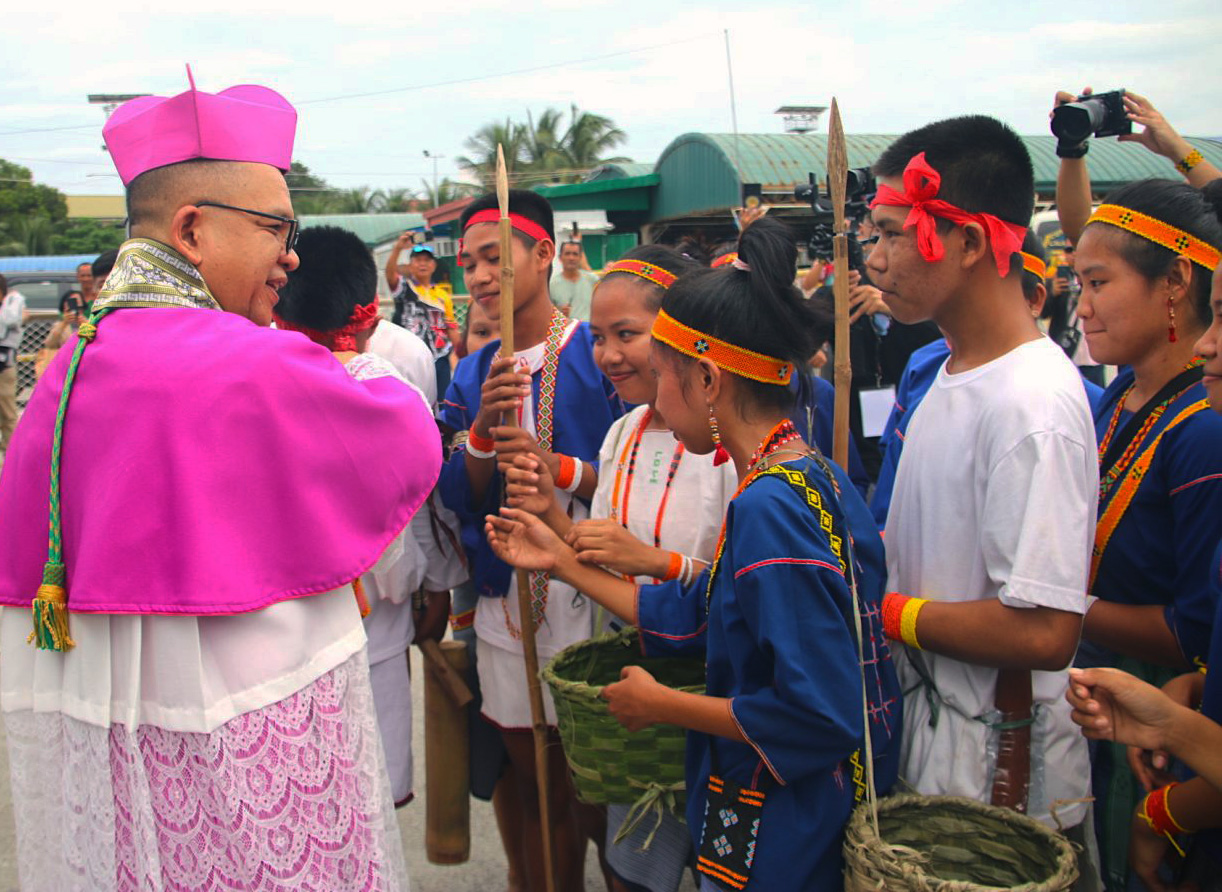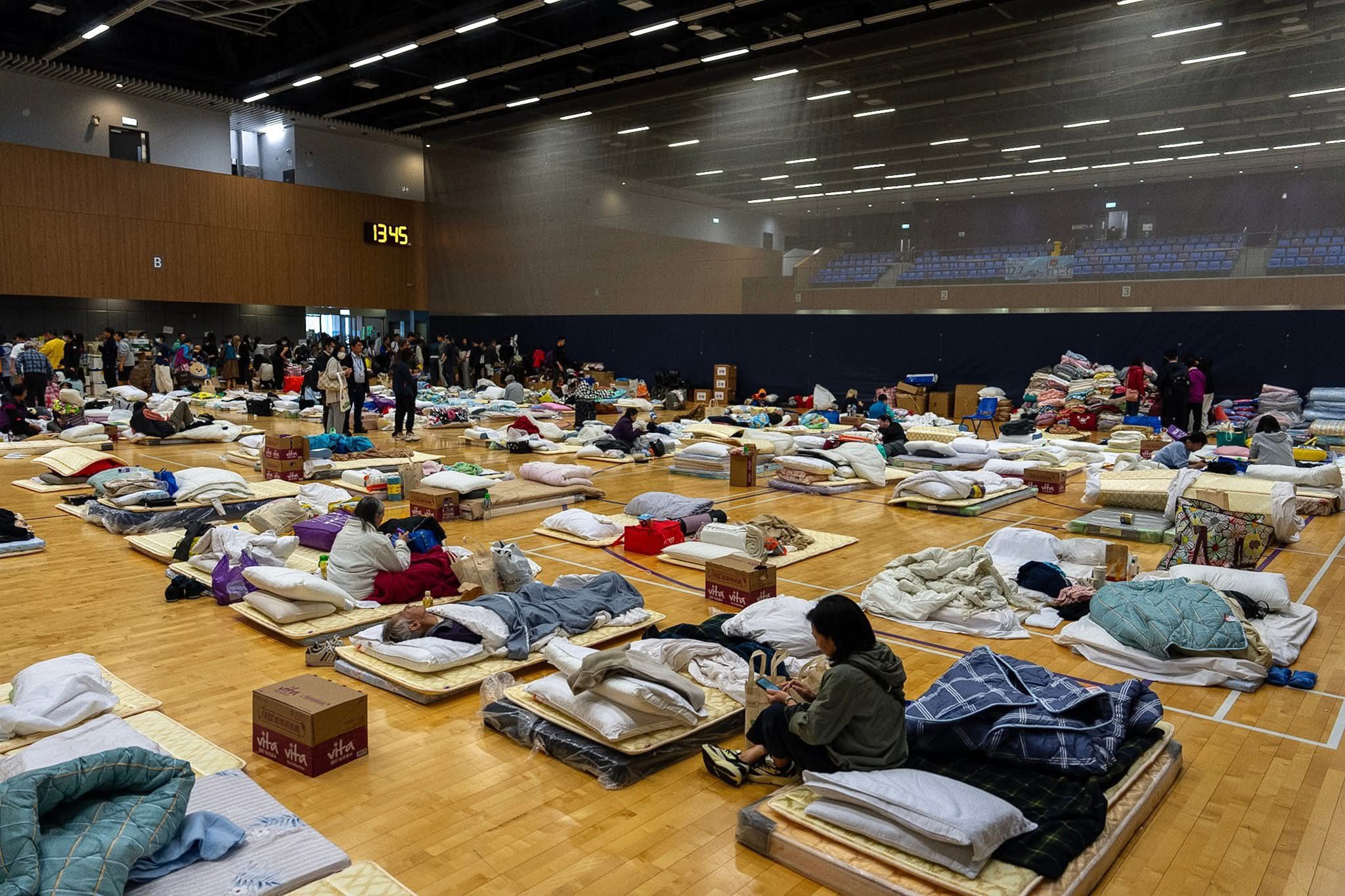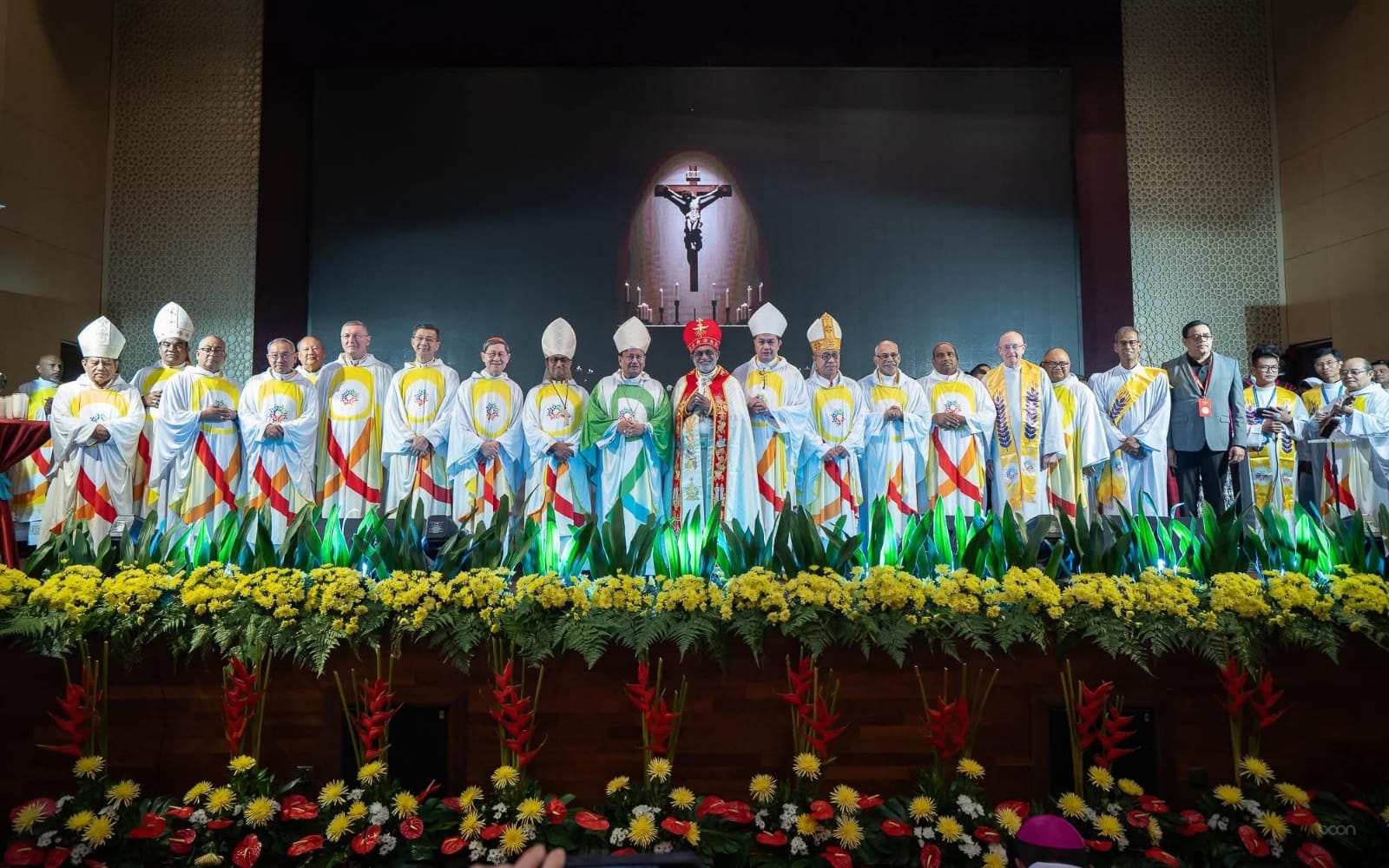Preserve the Biodiversity of the Philippine Island of Mindoro
Joaquim Magalhães de Castro
Priest Edwin Gariguez, former director of Caritas in the Philippines, one of the religious people from that archipelago most committed to promoting and implementing Pope Francis’ encyclical Laudato Si, is now the spokesperson for a group of associations and communities that – on the island of Mindoro, in particular, and the entire country, in general – want to preserve the biodiversity of a peculiar stretch of sea known as ‘Verde Island Passage’ (VIP), with a view to benefiting the local fishing population.
In fact, the progressive expansion of polluting industries off the coast of Mindoro constitutes an ecological threat and must be stopped. This entire area, according to the law on national natural reserve systems, is considered a “protected marine landscape”. But between theory and practice there is an immense undefined space. The ‘Verde Island Passage’ – which many consider the ‘Amazon of the Oceans’ – for the worst reasons made headlines just over a year ago, when, on February 28, 2023, the oil tanker “MT Princess Empress”, with 900 thousand liters of industrial oil on board, sank in that stretch of sea, causing a serious environmental disaster. Since then, and despite the efforts of successive cleaning operations, crude oil levels in the affected areas still exceed water quality guidelines, states a new study by the Center for Energy, Ecology and Development (CEED).
“Unfortunately, the water quality in the corridor does not meet the standards for protected waters. The consequences of the oil spill are still being felt and this situation is having a negative impact on fishing and industry, with risks to the health and also to the economy of local communities,” says Father Edwin Gariguez to the Fides news agency, calling for “official legal protection of the ‘Verde Island Passage’” in order to safeguard biodiversity, but also the future of the increasingly vulnerable fishing communities who earn their living at sea. “We want the population of Eastern Mindoro to overcome this tragedy with the certainty that something like this will never happen again,” he concludes.
Taking advantage of the first anniversary of the ‘Mindoro disaster’, the Catholic Bishops’ Conference of the Philippines (CBCP), through a statement, calls for justice for the victims, as thousands of fishermen were deprived of their means of subsistence. “The extent of the impact cannot yet be fully assessed and will only be known in depth in the coming years,” states the statement, which was signed, among others, by the main coordinator of Laudato Si, Dom Gerardo Alminaza (DD).
He and the other CBCP bishops regret that the companies and authorities responsible for the oil spill continue to evade their responsibilities, and call for “adequate and timely compensation that truly takes into account the damage that fishing communities continue to suffer”. There is, however, a positive aspect that they do not forget to highlight: the tragedy catapulted countless gestures of compassion among the people of Mindoro and among many others who, outside the island, “committed themselves to solidarity”.
Some and others fight for the ‘Verde Island Passage’ to be, in fact and not just in theory, a “protected maritime area”, thus preventing the navigation of cargo ships in that part of the ocean. Meanwhile, local communities complain that the government plans to develop mining activities in the area, and intends to build natural gas storage facilities and other industrial complexes. Informed of the fact, the national Laudato Si program of the Episcopal Conference of the Philippines has already appealed to Manila to reconsider such planning, taking into account the “criteria of nature conservation and protection of indigenous peoples”.
This program, moreover, follows the pastoral letter published 40 years ago by the Episcopal Conference on the theme of integral ecology with the title “What is happening to our beautiful Earth?”, and promotes a vision that includes respect and protection of the “common home”, especially for the benefit of new generations.
The ecological stance of the Catholic Church in the Philippines, embodied here by Father Edwin Gariguez, follows an official appeal from five bishops (who are in charge of the pastoral care of the dioceses in the coastal region of the West Philippine Sea, where fishermen constitute the majority of the Catholic population) addressed to the archipelago’s rulers asking them to use all legal means to defend the fishermen’s just demands.
A joint pastoral letter entitled “Children, did you catch anything to eat?” (John 21:5) was co-signed by the Archbishop of Lingayen-Dagupan, Socrates Villegas, and the Auxiliary Bishop of Lingayen-Dagupan, Fidelis Layog; and also the bishop of Ibá, Bartolomé Santos Jr; the bishop of San Fernando de La Union, Sócrates Mesiona; and the Bishop of Taytay, Broderick Pabillo. The text – which entrusts the fate of the fishermen to the Mother of God, in this case with the title of “Virgen del Mar” – it says the following: “Fishermen receive insufficient support from the Government. We ask our brothers and sisters in faith to defend their rights and help them secure their livelihoods and build the future of their families.”


 Follow
Follow


